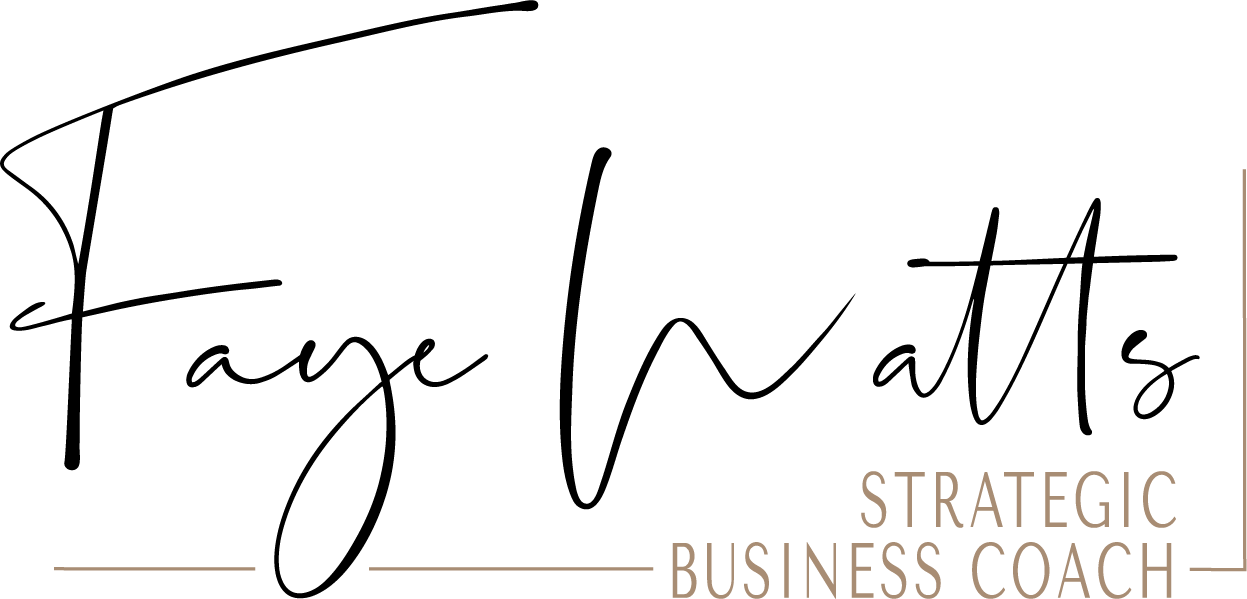Why You Should Have a Business Plan
Whether you are a start up or an already rapidly growing enterprise, having an eye on the future is crucial.
A business plan may be prepared for raising capital or mapping out strategy, or both. If you are raising capital you will need to include financial forecasts and models to show lenders and investors how the funds will be spent and why the cash is needed. Even if you aren’t seeking financial input, a strategy plan is still essential for your own benefit. This only needs to be a page or two but should still include your financial targets to keep you on track. This doesn’t need to be complex or lengthy but have clear written down summaries.
Traditionally you would need a business plan to apply for funding and it would be the first thing that your bank would ask for. However the business plan is useful for so much more.
It will help you make the right strategic decisions in your business if you know what your targets are
It will help you understand how much investment or funding you need to take your business to the next phase
It will help you keep your eye on the long-term vision of the business
It will help with your marketing so you have a clear vision of what your end goal and immediate needs are so you can reach the right clients
Allow you to create specific KPIs to measure effectiveness and output of your ongoing activities in relation to your long-term strategy - remember to keep them SMART
If you are clear on your goals and objectives and have these written down, you are far more likely to achieve them. Your plans will evolve as your business grows so set aside the time annually to revisit this and realign your plan to suit your targets and needs. Your business will change over time and so will you, so be prepared to scrap things that don’t work and re-write areas that don’t make sense any more.
Experts tell us that a plan in our head is nowhere near as effective as a plan written down so get all those ideas and thoughts onto paper before you finalise your business plan. Book yourself out for the day, get out of your usual workspace or your home so you can focus on this, and ask yourself;
What does your business do?
What is your measurement of success?
What is the ultimate objective?
What does your business do differently?
What is your marketplace?
Who is your audience and who are your clients?
Your business plan should be your roadmap for the future. Consider any known milestones and risk factors that could be relevant to your business.
In business, it’s important to plan ahead, but so often the pressures of keeping the business afloat and the ongoing daily management mean that strategic planning is often put up on the back-burner. Time shouldn’t be your excuse!
What to Include
When advising clients, I suggest covering the 5 sections below, which I found really useful to clarify when I did my first ‘proper’ business/strategy plan.
1. Ethos and Sustainability – Describe in a few sentences what your values as a business are, what you hope to achieve, the purpose of the business and how you will make sufficient money from it. Sustainability would be how you intend on making profit now and in the long term and how the business realistically will pay you. Some people have a great idea but don’t actually think about how it’s going to make them money over 3-5 years say, or even now for that matter. How are you going to sustain this business?
2. Business Objectives for; Year 1, Year 3 and Year 5. You don’t need to go much beyond that yet, as so much will change in just 1 year anyway, but it would be useful to include your long term goals. This should just be a few sentences on what your goals/aims/targets are.
3. Customer Segmentation/Target Market - Who is your target market and who are your ideal customers? Categorise existing clients into where they came from, who referred them and what they buy from you. This will help you analyse your best sources and clients. Also review who pays what and how long it takes and whether there is any further opportunity for up-sale or repeat business. Understand the sales cycle to your typical customer.
4. How to reach the above - What is your strategy for networking, marketing, advertising and sales. What do you intend to do for the next year to win or retain business? Include a summary of your marketing strategy.
5. Set Financial Goals - Set realistic financial targets for monthly and yearly income streams. Be realistic and set goals you want but know you can achieve with some hard work rather than idealistic unrealistic goals that will just result in failure and frustration.
Planning for Funding
If your business does need to raise finance to succeed, a clear business plan with financial models is essential and will help you determine how much cash you need in your business and whether you need to borrow or take on investors. It should give you a real indication of how much the business really needs so you can make it clear in your plans. There are several ways to raise funds whereby a business plan might be necessary, if not useful. To raise finance you could;
Source a loan from a bank or other commercial lender
Take out specific lending or HP to cover items like plant and machinery or your tax payments
Look at government inventive schemes
Crowdfund to raise smaller injections of cash
Investigate peer to peer lending and public group funding
Find out about invoice factoring and discounting
Offer share subscriptions by using EIS/SEIS as an inventive
When preparing your financial forecasts, it is important to be realistic and truthful to yourself about anticipated returns. Know how much your marketing budget will realistically be, know what your one-off legal and other costs will be as well as your ongoing overheads. Do your research, find out from colleagues and peers and other business owners and put together a plan that is real and functional and something that can be fully fulfilled and achieved.
Don’t Overthink It!
There are many different softwares available to help you build your business plan but don’t be tempted to use a sample template as your own as you could be following someone else’s plan. It doesn’t need to be complicated, don’t overthink it but don’t expect it to be complete in just a few hours, remember a successful business plan will evolve and grow with you and will need constant review.
Faye Watts is a Strategic Business Coach and founder of London accountancy firm, FUSE Accountants. Sharing business development skills with business owners like you through planning, coaching and advisory. She is also the co-founder of Audrey an online platform for women who know there’s more to life and sits on the board of various organisations, including as a trustee for the charity Neuroblastoma UK











